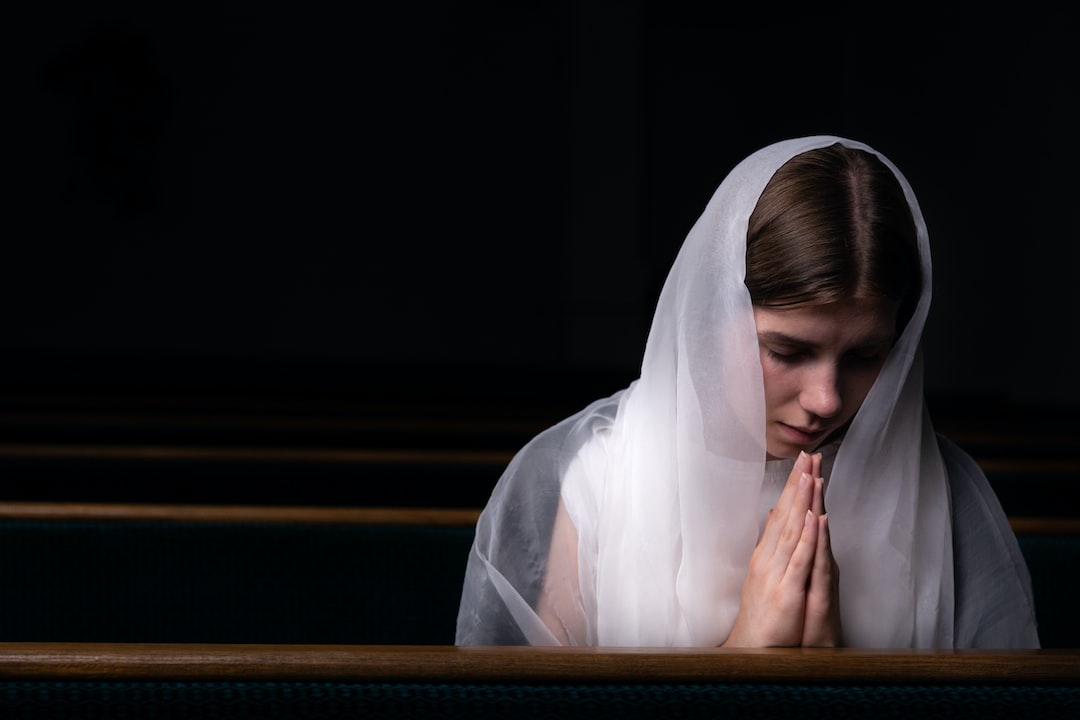Exploring Near-Death Experiences: Insights into the Afterlife and Faith
The concept of near-death experiences has fascinated people for centuries. These intriguing occurrences offer a glimpse into what lies beyond our physical existence, stirring up questions about the afterlife and the nature of faith. While skeptics may dismiss near-death experiences as mere hallucinations, countless individuals have shared similar accounts that strongly suggest something more profound at play. In this blog post, we will delve into the intriguing world of near-death experiences and explore the insights they provide into the afterlife and faith.
Near-death experiences, or NDEs, refer to profound experiences reported by those who have come close to death or even clinically died, only to be revived. During these experiences, individuals may recall a range of common elements, including moving through a tunnel towards a bright light, meeting deceased loved ones, experiencing a sense of peace and serenity, and even having life reviews. These similarities across different cultures and backgrounds suggest a universal quality to NDEs, transcending individual beliefs and conditioning.
One of the most striking aspects of near-death experiences is the profound impact they have on the individuals who undergo them. Many report a transformational change in their lives, often leading to a newfound sense of purpose and spirituality. This transformative power suggests that NDEs offer a glimpse into the true nature of our existence and the importance of love, compassion, and interconnectedness. The experiences seem to emphasize the significance of living a life aligned with these values and prioritizing relationships over material pursuits.
Furthermore, near-death experiences provide insights into the afterlife, challenging conventional beliefs and expanding our understanding of what awaits us beyond death. Individuals who have had NDEs often describe sensations of floating away from their bodies, observing their surroundings with an enhanced perception. They frequently recount encounters with deceased loved ones who convey messages of love, reassurance, and guidance. These encounters with the deceased suggest the existence of a spiritual realm beyond our physical reality, where souls continue to exist and communicate. The comforting presence of deceased loved ones also implies that death is not the end but rather a transition into a different form of existence.
NDEs often provoke deeply spiritual and existential questions, prompting individuals to reevaluate their beliefs and concepts of faith. The experiences challenge the rigid dogmas of organized religions, pushing individuals to seek a more personal and direct relationship with the divine. Near-death experiences open up the possibility that faith is not confined to the boundaries of religious institutions but is instead a deeply personal connection with a higher power or universal consciousness. They encourage individuals to explore spirituality beyond the boundaries of traditional religious frameworks and embrace a more inclusive and open-minded approach to faith.
However, it is essential to approach near-death experiences with a healthy dose of skepticism. While the shared elements of NDEs lend them credibility, it is also important to consider alternative explanations such as physiological and psychological factors. Skeptics argue that the brain, when deprived of oxygen or under extreme stress, can produce hallucinatory experiences that mimic the elements commonly reported in NDEs. While this is a valid perspective, it does not negate the profound impact and transformative nature of these experiences on the individuals who undergo them.
In conclusion, exploring near-death experiences provides valuable insights into the afterlife and faith. The universal nature of these experiences and their transformative impact suggest that there is something beyond our physical existence. Near-death experiences challenge conventional beliefs and expand our understanding of spirituality, emphasizing the importance of love, compassion, and interconnectedness. They offer comfort to those who fear death, suggesting that it is not the end but rather a transition into a different form of existence. While skeptics may offer alternative explanations, the profound impact of NDEs on individuals cannot be dismissed. Ultimately, near-death experiences invite us to explore the depths of our faith and embrace a more inclusive and personal relationship with the divine.
